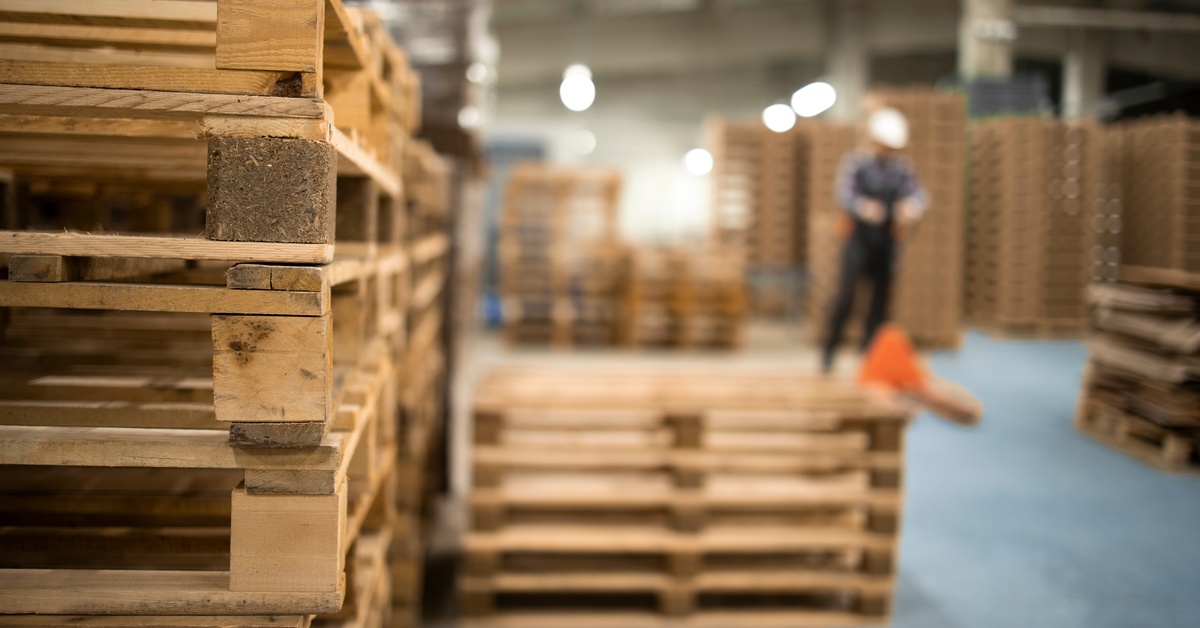Environmental regulations are changing how businesses work across every industry, and the pallet world is no exception. Adapting to environmental regulations in the pallet industry presents unique challenges, but forward-thinking companies are turning those challenges into real-world opportunities. Meeting these new standards avoids fines and can also lower costs, attract more business, and boost efficiency.
New Rules Push Companies Toward Greener Practices
Governments around the world now have tighter rules on everything from how you source wood to how waste is handled. These regulations push pallet makers and users to rethink their supply chains and replace outdated processes with greener ones. Businesses that move early often gain a competitive edge instead of playing catch-up later.
Recycled Pallets Are Taking Over
The demand for recycled pallets for sale is on the rise, and for good reason. These pallets often work just as well as new ones but cost less and have a much smaller environmental footprint. Companies are now choosing recycled options to meet regulations and save money. Pallet manufacturers are responding by using better methods to turn old pallets into strong, reliable ones that meet industry standards.
Smarter Technology, Greener Results
New tech in the pallet industry is making it easier to waste less and produce more. Automated systems sort through old pallets faster, and advanced cutting tools reduce the amount of wood that ends up in the trash. With better data tracking, companies can keep an eye on how their changes affect the environment and find new ways to improve. All of this makes it easier to offer high-quality recycled pallets for sale without sacrificing consistency.
Supply Chain Pressure Makes a Big Difference
Major retailers and shipping companies want suppliers to show they’re serious about sustainability. That means businesses need to offer green pallet programs and prove their performance with data, not just low prices. Suppliers that meet these expectations often win more contracts and build stronger relationships across the supply chain.
Green Choices That Make Financial Sense
Going green, for many companies, means switching to sustainable practices, which leads to lower material costs, reduced waste fees, and better overall efficiency. Recycled pallets tend to cost less than new ones, making them a smart choice for both the environment and the bottom line.
What Comes Next
Adapting to environmental regulations in the pallet industry is a long-term shift. Companies that invest now in sustainable solutions stand to benefit the most as rules get stricter and demand for eco-friendly practices grows. Start by evaluating your current pallet systems and exploring recycled pallets for sale at pallet service providers like First Alliance Logistics Management. Making the switch today can build a stronger, more competitive business for tomorrow.

